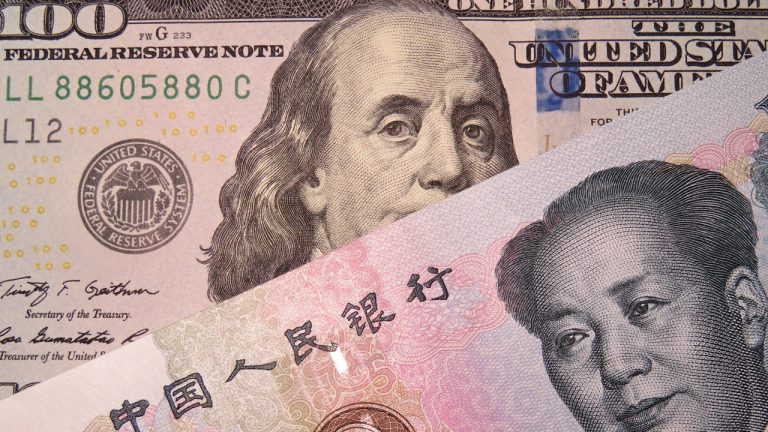
2019-7-23 17:00 |
For a lot of people in China, bitcoin is more than just a trading or investment vehicle. With the oppressive Beijing regime constantly clamping down on the lives of its people, many are turning to BTC to subvert the system.
Chinese Government Cannot Shut Bitcoin DownIt is plainly obvious that they would like to, but the ruling party in the People’s Republic of China simply cannot shut down the Bitcoin network. What the state can do is impose strict controls and monitoring of all financial transactions within the country, whether suspicious or not.
This blanket surveillance is Orwellian, to say the least, and the Chinese people are looking towards digital assets as a method of circumvention. At the Oslo Freedom Forum, China Uncensored producer Matt Gnaizda sat down with the President of the Bitcoin Association of Hong Kong Leo Wheese.
The first question posed was one of BTC legality in China to which Wheese responded ‘yes’ … but there is no clear definition of what is ‘legal’. He added that any change will happen on the ground first with authorities reacting to crypto organizations and traders before the law changes.
As we already know, bitcoin exchanges are already banned and crypto mining operations have been suppressed in China. It was also revealed that the microprocessors for bitcoin mining machines are not manufactured in China. Previously, BTC mining boomed in China due to the prevalence of low-cost power, mostly located in the mountains where hydroelectric power is abundant.
Wheese added that bitcoin mining operations still consume around half a percent of the total power consumption but local governments do not appear to be concerned. The central government is more afraid of the hypothetical threat that people can completely circumvent capital controls by using bitcoin.
Current Payments Platforms MonitoredChina already has WeChat Pay and AliPay but the government can and do monitor all transactions so BTC becomes a viable alternative for those wanting to transact overseas. Wheese continued to state that bitcoin has also grown in popularity with dissidents or corrupt officials seeking to move money without big brother prying.
People in China have been deprived of the opportunity to invest their savings, property markets are deflated, the stock market is seen as a scam, and banks offer few investment tools. The ICO boom was very popular in China where people found a new avenue of investment and bitcoin was used to fuel them. Fearing a loss of control and investor funds, and resultant unrest, the government reacted quickly to ban ICOs.
Wheese added that trading crypto in China was still highly active as many see it as a form of gambling. People have been using peer to peer platforms to trade bitcoin since existing platforms can be tracked. There are also capital controls in place to prevent larger sums of money leaving China, the limit is $50,000 per year. BTC helps people that want to move smaller amounts doing so without government snooping. Larger amounts can be sent using bitcoin, an example was payment for overseas education which ordinarily would not be feasible with the state restrictions.
Without a central authority, bitcoin cannot be shut down. The government must pursue the individuals instead which is costly and impractical. China is not inclined to ban bitcoin outright for fear of legitimizing it further and attracting more attention, he added.
Finally, the anchor asked about the future of bitcoin and whether to invest. There is a growing fear that China will be cut off from the international monetary system so if the yuan is not accepted elsewhere, bitcoin could become the de facto currency. This would benefit individuals and small businesses that can transact globally without the totalitarian regime constantly clamping down on them. This would, of course, increase the demand for BTC in China and across the globe.
Will China trigger the next bitcoin bull run? Add your thoughts below
Image via Shutterstock
The post How Bitcoin Is Subverting The System In China appeared first on Bitcoinist.com.
origin »Bitcoin price in Telegram @btc_price_every_hour
Independent Money System (IMS) на Currencies.ru
|
|


























